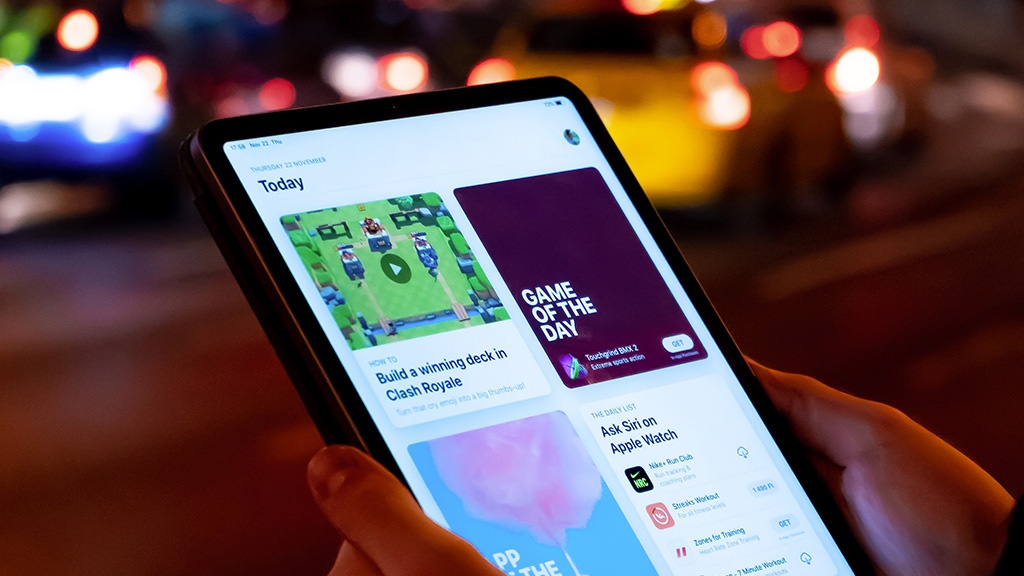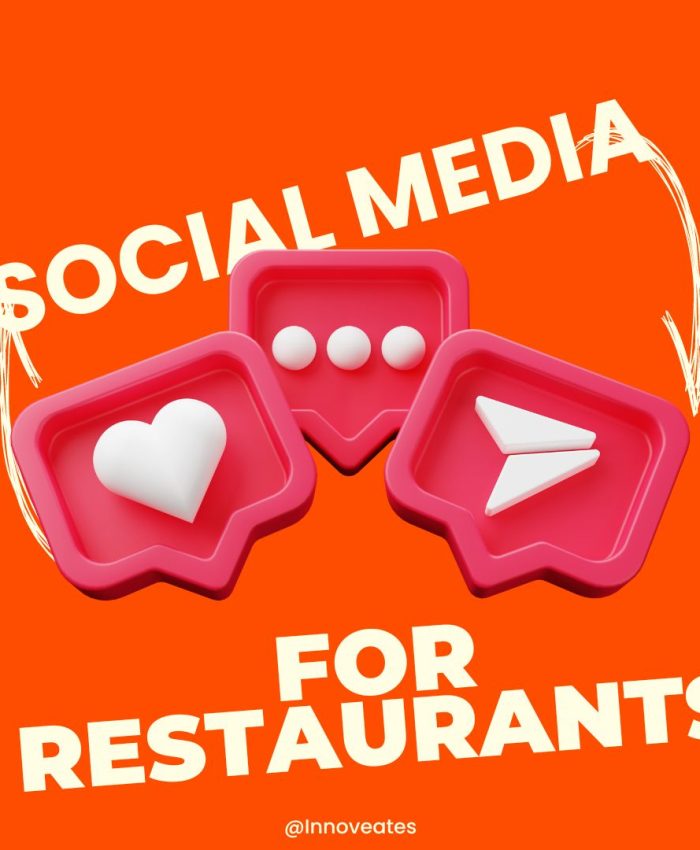The Ultimate Guide to Creating a Restaurant Website: Boost Your Business Online
Fernando Islas
Writer & Professor
- June 24, 2024

Table of Contents
Why Your Restaurant Needs a Website
The Importance of a Strong Online Presence
In today’s digital age, having a strong online presence is crucial for any business, including restaurants. Your website serves as a digital storefront, offering potential customers a glimpse into what they can expect when they dine with you. It helps build your brand, showcase your unique offerings, and establish credibility in a competitive market.
Example: “Joe’s Italian Bistro increased their reservations by 40% within three months of launching their new website, which prominently featured customer testimonials and high-quality images of their dishes.”
How a Website Can Increase Foot Traffic and Reservations
A well-designed website can significantly boost foot traffic and reservations. By providing essential information such as your menu, location, hours of operation, and reservation system, you make it easier for customers to choose your restaurant. Online reviews and testimonials can also enhance your reputation, encouraging more people to visit.
Questions to Consider:
Are potential customers able to find all the information they need quickly on your website?
Does your website make it easy for users to make a reservation or contact you for more details?

Planning Your Restaurant Website
Understanding Your Audience: Who Are Your Diners?
Before you start designing your website, it’s essential to understand your target audience. Are they families, young professionals, food enthusiasts, or tourists? Knowing your audience helps you tailor your website’s design, content, and features to meet their needs and preferences, ensuring a more personalized and engaging experience.
Example: “At ‘Green Leaf Vegan Cafe’, the website is designed with vibrant colors and eco-friendly themes, targeting environmentally conscious diners who prefer plant-based meals.”

Setting Goals: What Do You Want Your Website to Achieve?
Clearly define the goals for your website. Do you want to increase reservations, boost takeout orders, promote special events, or enhance customer engagement? Setting specific, measurable objectives will guide your design and content decisions, ensuring your website effectively supports your business goals.
Questions to Consider:
- What are the primary actions you want visitors to take on your website?
- How will you measure the success of your website?
Choosing the Right Platform: WordPress, Wix, or Custom Development?
Selecting the right platform is crucial for your website’s success. WordPress offers flexibility and a wide range of plugins, making it ideal for customization. Wix is user-friendly and perfect for those with limited technical skills. Custom development provides complete control over your website’s features and design but may require a larger budget and technical expertise.
Example: “Rustic Grill chose WordPress for their website, enabling them to integrate a sophisticated reservation system and a blog to share their culinary stories.”
Designing an Engaging and User-Friendly Website
First Impressions Matter: Crafting a Visually Appealing Homepage
Your homepage is the first thing visitors see, so it should be visually appealing and inviting. Use high-quality images of your dishes, a clean and modern layout, and a compelling call-to-action. Highlight your restaurant’s unique selling points, such as signature dishes, special offers, or awards, to capture visitors’ interest immediately.
Example: “The homepage of ‘Oceanview Seafood’ features a stunning video background of the ocean, immediately immersing visitors in the restaurant’s coastal ambiance.”
Questions to Consider:
- Does your homepage reflect the atmosphere and style of your restaurant?
- Are your most popular dishes or offers prominently displayed?

- Marketing in Restaurant
- Back
- Web design
- Social Media for restaurant
- Ai in restaurant
- Augmented reality in restaurant





